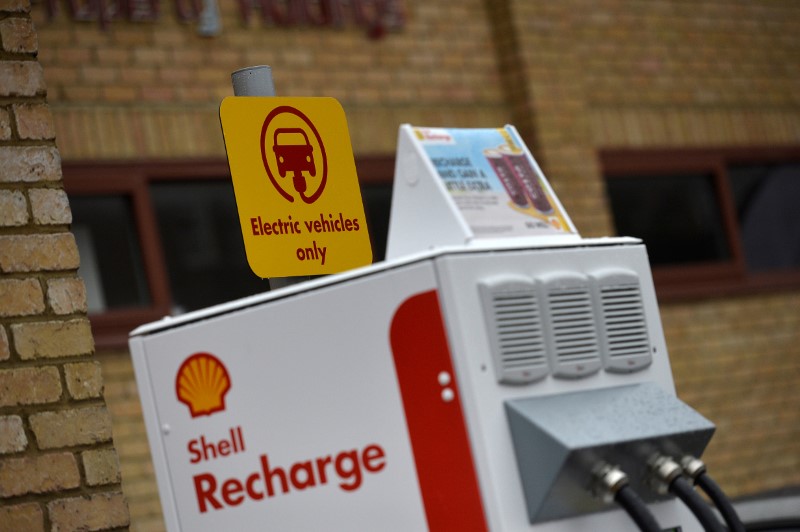This post was originally published on this site
https://i-invdn-com.akamaized.net/news/LYNXMPEDA50G1_M.jpg
Investing.com — Royal Dutch Shell (LON:RDSa) is cutting costs as fast as it can, but it still can’t promise a turnaround in profitability.
The Anglo-Dutch oil major said on Wednesday it will cut between 7,000 and 9,000 jobs by the end of 2022 – representing 8%-11% of its global workforce – in an effort to make itself fit for a period of sustained low prices and a possible long-term decline in demand for fossil fuels.
The move had been flagged weeks ago by CEO Ben van Beurden, who said in a statement on the company’s website that “we have too many layers in the company: too many levels between me, as the CEO, and the operators and technicians at our locations.”
Before the pandemic, such an announcement would almost certainly have been greeted with enthusiasm by investors who would have seen it as safeguarding the company’s profitability and hence their precious dividend. However, investors no longer believe that the good days will ever return. When Shell cut its dividend in the summer, for the first time since World War 2, it effectively acknowledged as much.
Van Beurden is leading his remaining investors into the terra incognita of the energy transition and all that is known about that is that electricity – especially renewable electricity – has been a lot less profitable than oil and gas for as long as anyone can remember.
Even if Shell can make a success of transitioning to a new, green energy model, it still has to manage a balance sheet full of oil and gas assets for which it paid billions, and which may never be monetized. The company said impairments in the third quarter would be between $1 billion and $1.5 billion, a sharp drop from the write-offs earlier in the year, but still a move that points to ongoing pressure on the asset side of the balance sheet.
Such pressure is feeding market doubts that Shell will be able to sustain a payout that it has already cut by two-thirds. After a modest 0.4% rise on Wednesday morning, Shell stock now yields 5.2%, a return that is jarringly out of line with the broader market.
Optimists will argue that the stabilization of crude prices – and the cyclical rebound that has always followed periods when the industry has cut back investment in new fields – makes Shell at least a bet that can go both ways from here. After all, the stock has lost over one-third of its value since June and 60% since last September. Skeptics will want to see the company’s rising debt ratio, or gearing, stabilize before they are convinced.
Shell can surely one day expect a cyclical tailwind to turn its stock around. However, the secular headwind that is climate change and an investment focus on mitigating it is never going to fade.

